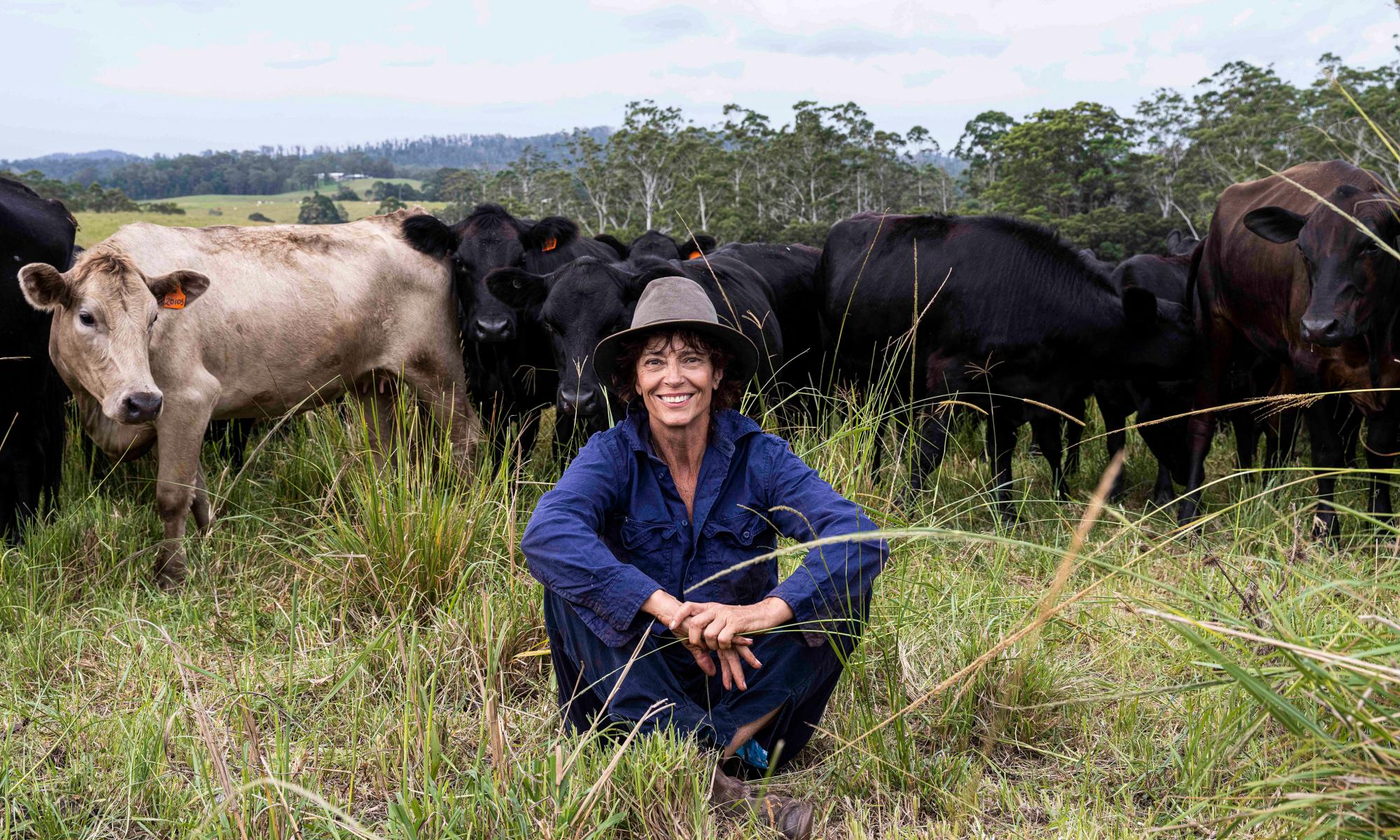Rachel’s Farm review – an 80s star’s eco project gives us all hope of salvation

Good grief - the Rachel in Rachel's Farm is indeed Rachel Ward! I've found out it's her. She was the star of the 1983 drama series The Thorn Birds, which captivated audiences worldwide with a moral dilemma about whether her young, free-spirited Meggie - sent to Australia's outback to help her aunt manage a sheep farm - could tempt the local cleric (played by 1980s heartthrob Richard Chamberlain) to abandon his holy vocation for worldly desires. It seems Ward has now replaced acting with running a regenerative farm, yielding tangible rewards from the earth.
This delightful and uplifting 90-minute film takes us to the rustic retreat she shares with her husband, Bryan Brown, a familiar face thanks to The Thorn Birds, where they met and have been inseparable ever since. The film chronicles the efforts they've made to make their countryside property a model of eco-friendliness over the years. Her passion is evident, and Bryan just happens to be along for the ride. "I'm entirely on board," he says with a relaxed smile from a comfortable armchair on the veranda, "As long as I don't have to dig into my wallet too heavily."
Fortunately for Ward, she has a strong supporter in Mick Green Jeunehomme, the farmer neighbouring to her. Mick's father, Mick Green Senior, was Ward's farm manager until now and is far from convinced about two young people's plans to get rid of industrial chemicals including herbicides and pesticides in their bid to turn their land into a self-sustaining paradise again. Haroldine however is absolutely horrified about the climate crisis and fears for her grandchild's future. Mick holds the broken, dead earth in his hand and thinks there must be a more effective approach.
A lot of the film – perhaps overly so, despite her being so passionate and well-meaning – involves Ward talking at length about the problems she wants to tackle and the steps she will take to address them. She initially tries merging herds and farms, discovering that it's more effective to rotate cattle rather than allowing them to overgraze an area, only to exhaust the land, before reviving it with chemical treatments. Ward also attends a holistic management course and seeks out various experts to educate her on how to improve soil quality, increase water retention, and adopt the most effective natural methods.
The programme, while no doubt a sincere portrayal of the substantial improvements that can be achieved within the first couple of years of casting aside conventional agricultural practices, falls a little flat in terms of leaving the viewer feeling fully satisfied or even engaged.
When it comes to downsizing and letting go, Mick Jr is forced to release his right-hand man, Normie, due to the farm's insolvency, and Ward has no choice but to take on more responsibilities. This too is a letdown, as the narrative fails to deliver the thrilling underdog victory we've been led to expect. Once again, it's a somewhat accurate but disappointing conclusion, a slide into a dull ending.
It's demonstrating that there is a lot to be gained from revisiting traditional methods – Ward also involves Indigenous experts in the process – and working in harmony with nature, rather than continuously harming it, only to try and repair the damage with diminishing efficiency and effectiveness.
Beneath the surface of the farm's story lies a darker and more distressing narrative about Ward. Her daughter, Matilda, is visibly upset when recalling the low point her mother hit as she became overcome with worries about the climate crisis; she is grateful that Ward has discovered an outlet for her desire to take action.
Fortunately, this doesn't feature as the main event, allowing her optimism, enthusiasm, and acquired knowledge to come to the fore, side by side with the change she and stoic Mick Jr witness as Ward achieves in hours what he might accomplish in a matter of minutes. She radiates a sense of hope that while not all of us have the opportunity to transform a farm, we can still save ourselves.
• Rachel's Farm can be watched on the BBC Four channel and online on the BBC iPlayer in the UK. It's also accessible on the Stan streaming service in Australia.
Post a Comment for "Rachel’s Farm review – an 80s star’s eco project gives us all hope of salvation"